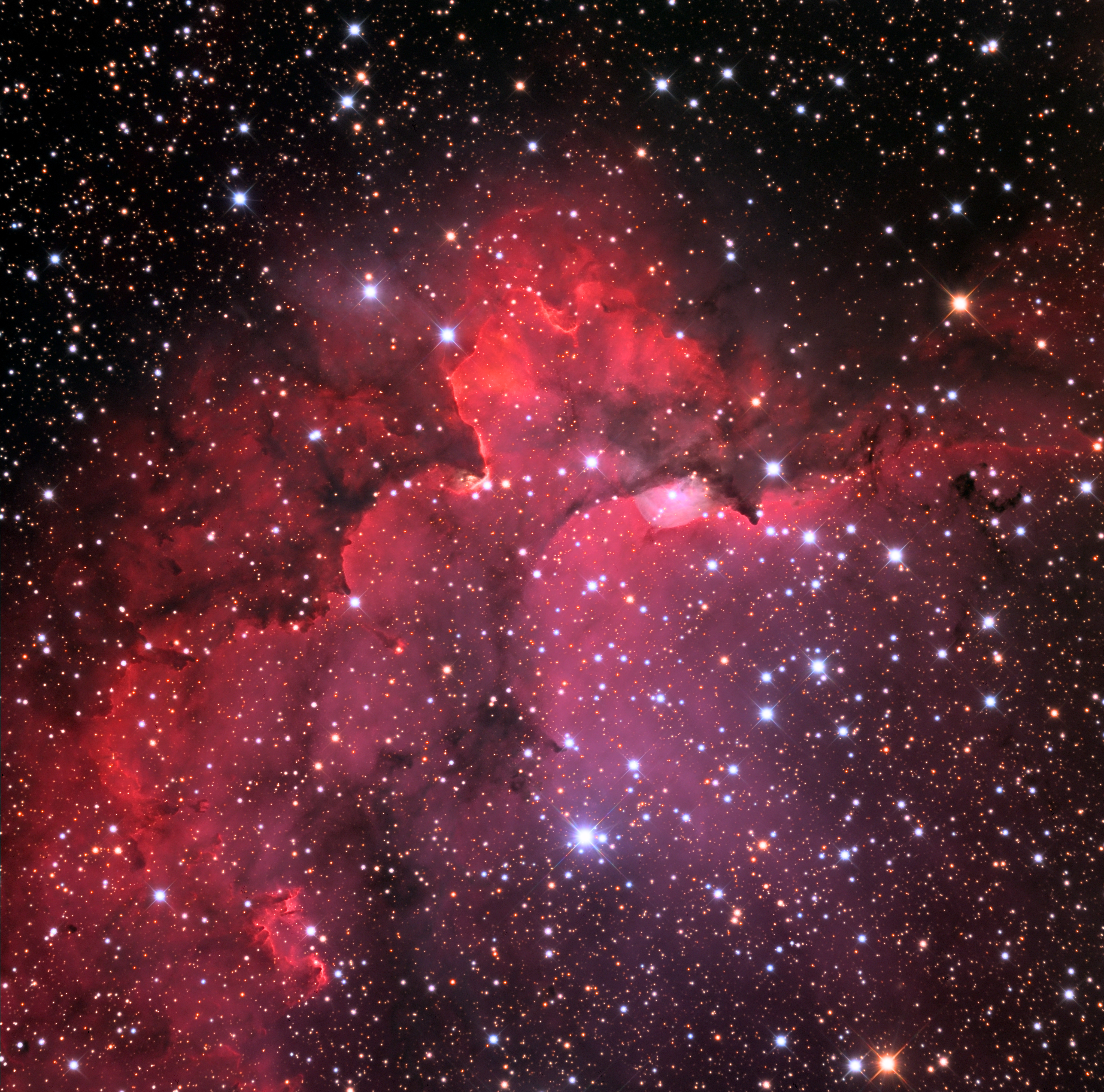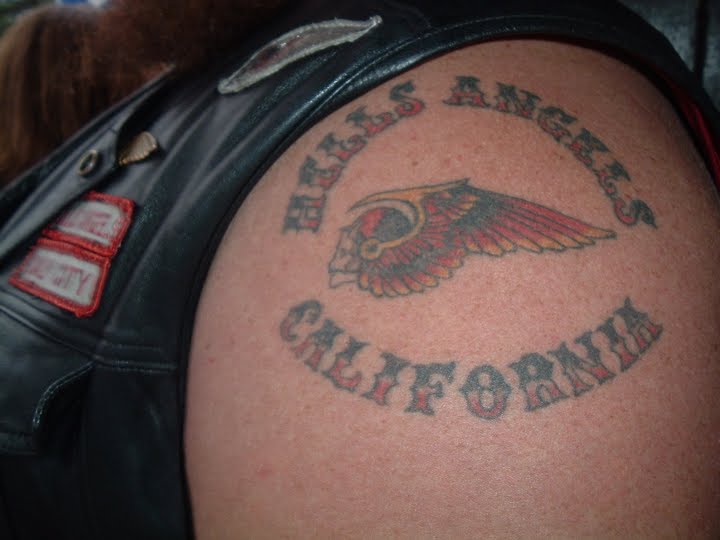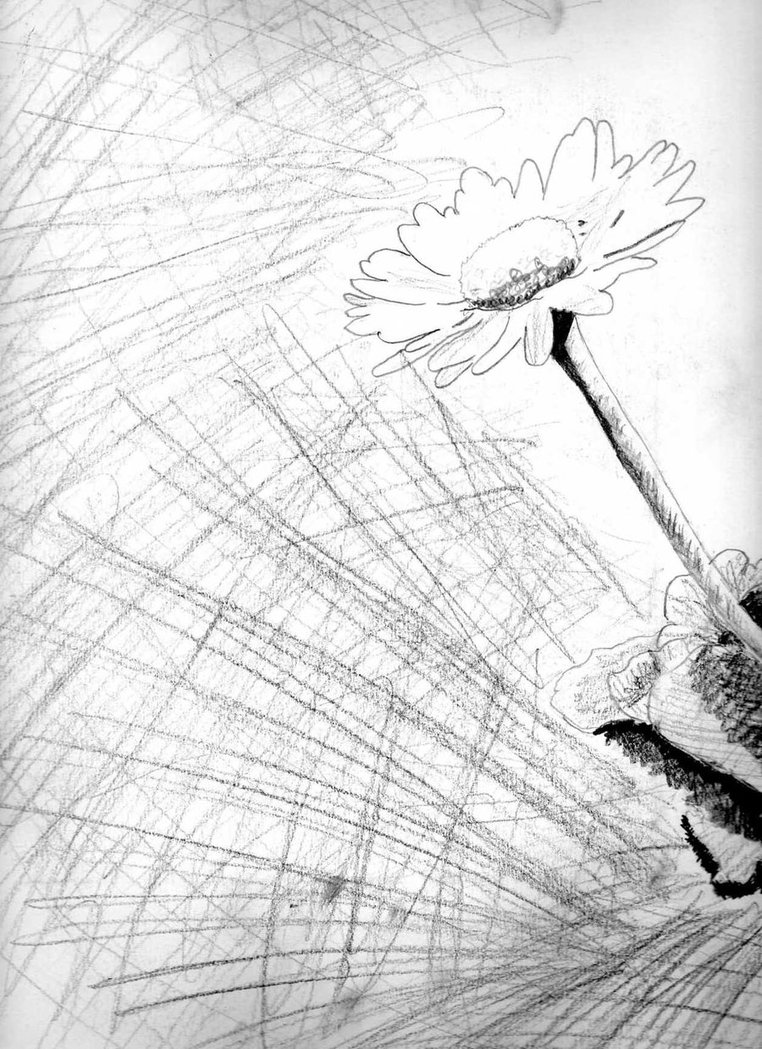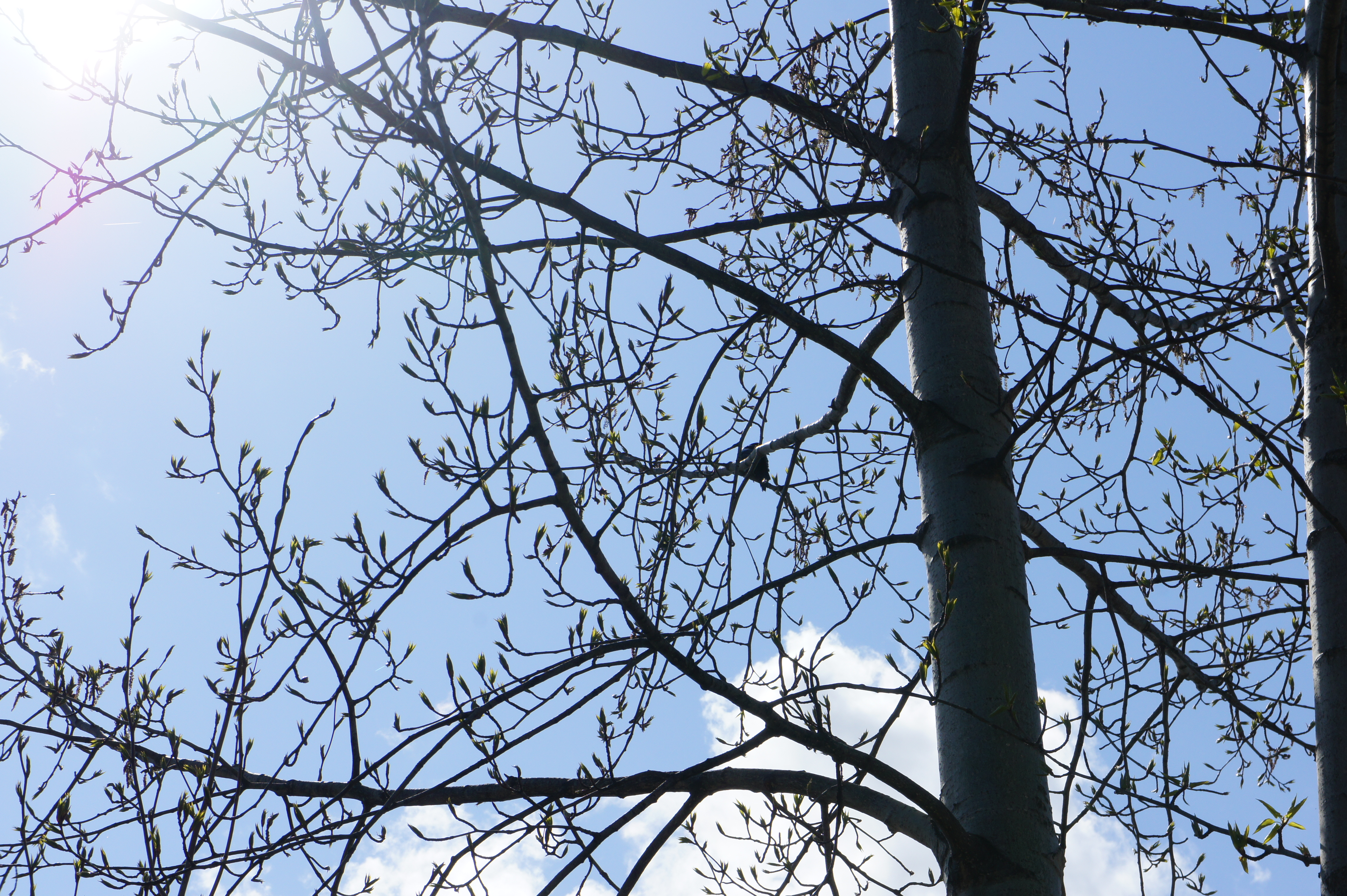by Alexa Dobson
Good evening, friends. My name is Neil DeGrasse Tyson, and I’d like to thank you for joining me for the thirteenth and final episode of Cosmos: A Spacetime Odyssey. Over the past twelve weeks, we’ve traveled through both space and time, exploring the depths of space, our own planet and even our minds.
We know that the observable universe was born nearly fourteen billion years ago in a fiery explosion, and since then, countless stars and planets have coalesced into galaxies and solar systems not too different from our own. In our little corner of the universe, life has grown and flourished for thousands of millions of years, yet only recently did we begin to look skyward and wonder about our origins and our future.
In 1969, humans first made it to the moon. Last year, our space probe Voyager 1 left the solar system entirely. In a mere forty-five years, a timespan passing quicker than the blink of an eye on the cosmological scale, we’ve gone from wondering what’s down the street to what’s across the ocean. And as our curiosity continues to grow, so does the range of knowledge just beyond our grasp.
It is my hope that this TV show has helped to spark the imagination of people worldwide, to inspire a new generation of scientists and astronomers, to launch the Earth into a new era of exploration, discovery, and innovation. This is more important than ever, for reasons that will soon become clear, because we must look forward to becoming citizens of the cosmos. The future has arrived.
Last year, we observed a massive burst of electromagnetic energy in space, coming from somewhere far outside the solar system. This signal was no accident. We received communications from an exoplanet approximately 1,200 light-years away from us. An intelligent race of alien life reached out to us, at the same time that Charlemagne ruled the Holy Roman Empire. It’s not yet clear what they wanted to tell us. What we do know is that we are not alone in the cosmos and that the time has come for us to step onto the stage of the universe and meet our neighbors.






4 Comments
Brandon
That is nuts! You must have been blown away by that commination signal. Very good passage loved it, as a human race we always wonder if were alone out there.
Alise Arnold
First off, I’d like to say that I absolutely love your topic of choice here as I am very passionate about space and the universe myself. I have watched a couple episodes of Cosmos in my free time and definitely agree with you, as I have taken much away in terms of both knowledge as well as overall awareness about what is truly above our heads. Your ending is defiantly different and adds a fun little twist at the end, it also presents the question that is always in need of answering, are we REALLY alone in this universe? Or if not this universe, what about on the other 40 billion other hypothesized earth like planets out in space? Let alone the 11 billion that circle suns similar to ours. Adds a little more sense to your theory presented in your last paragraph, maybe we really aren’t alone in this place we lived called space.
Irene Sexton
This is absolutely mind blowing! I was really excited about this article and how well it was detailed. Im not really a science person or space but this made me really excited to learn about space!
Christopher Miller
I think that ideas like this one need to be talked about more. with resources be consumed at a seemingly exponential rate we will be unable to live on earth forever. We need to get our act together as a race and just realise that we are all human, we all feel the same pain and have similar emotions. If we don’t start looking out for each other and our shared future, our planet and our species aren’t going to have one.